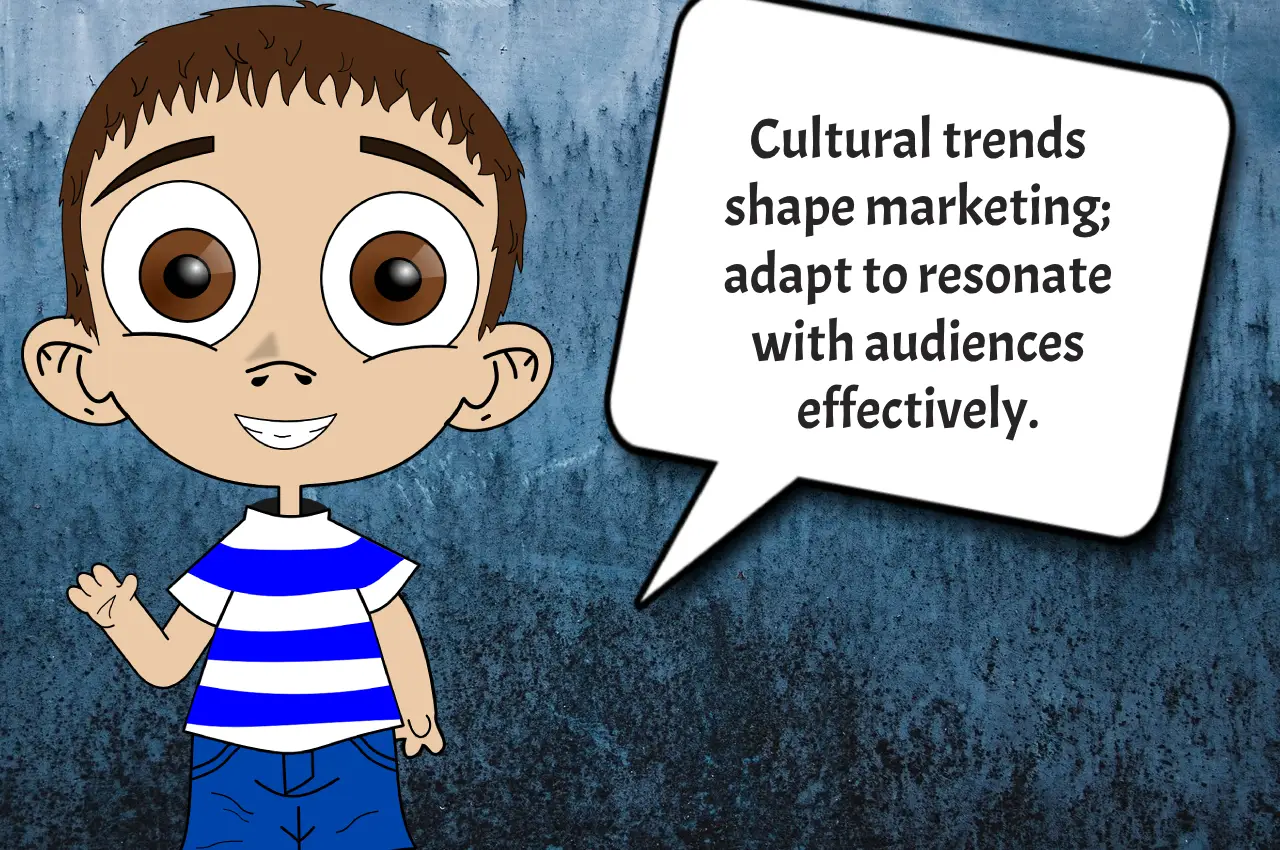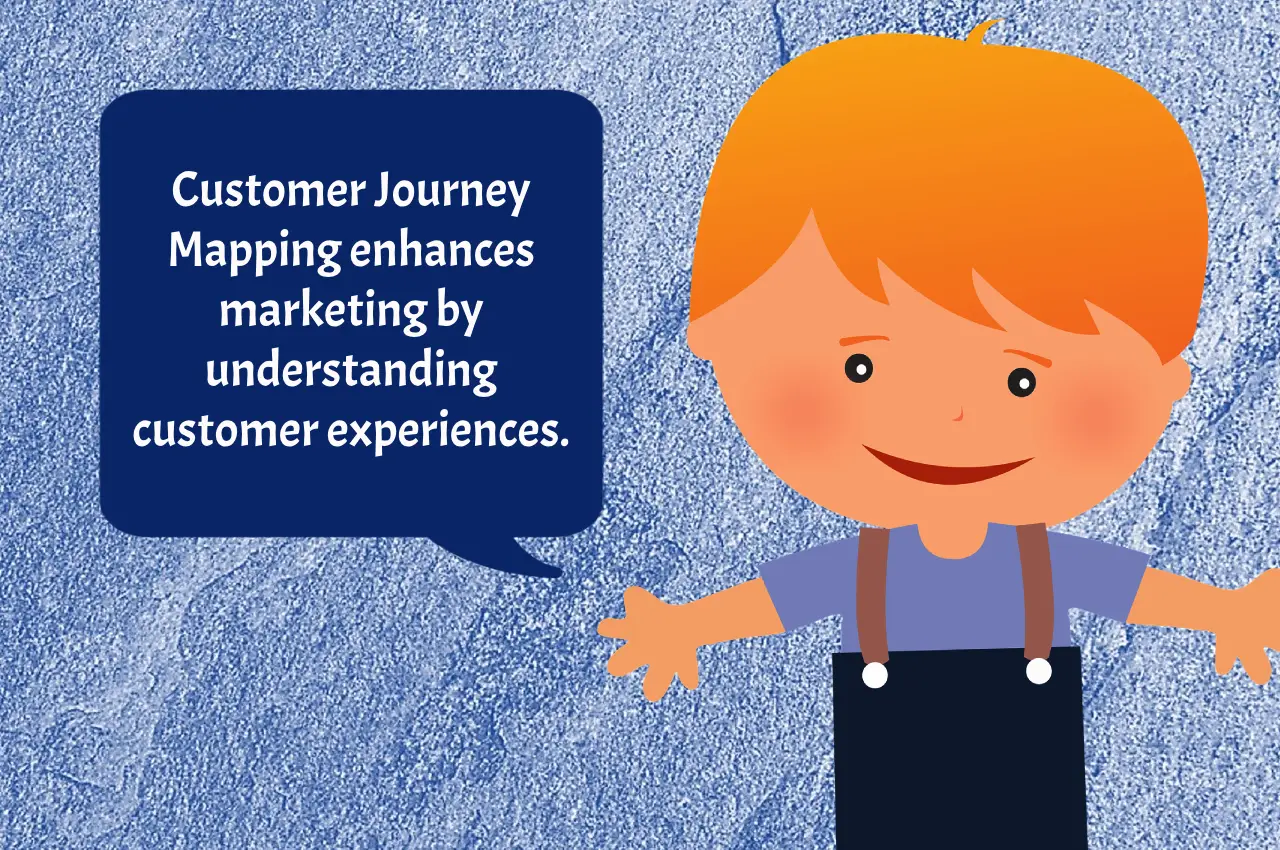In the ever-evolving landscape of marketing, one thing remains constant: the influence of cultural trends. From the rise of social media to the growing emphasis on sustainability, cultural shifts shape the way brands connect with consumers. Understanding and leveraging these trends is crucial for crafting successful marketing campaigns that resonate with audiences. Let’s delve into the profound impact of cultural trends on marketing strategies.
The Dynamics of Cultural Trends
Cultural trends are like currents in a vast ocean, constantly flowing and shifting direction. They encompass a wide range of societal phenomena, from fashion and entertainment to technology and values. Keeping a pulse on these trends allows marketers to stay relevant and responsive to changing consumer preferences.
Personalization in the Age of Individualism
One prominent cultural trend shaping marketing today is the emphasis on individualism. In a world where personal expression is celebrated, generic one-size-fits-all marketing strategies fall short. Consumers crave personalized experiences that speak to their unique identities and interests.
Take the example of Nike’s “Just Do It” campaign. By featuring diverse athletes and empowering messages, Nike tapped into the cultural zeitgeist of individual empowerment. This personalized approach resonated deeply with consumers, leading to increased brand loyalty and sales.
Authenticity Trumps Perfection
In an era dominated by social media, authenticity reigns supreme. Consumers are increasingly skeptical of polished, overly curated content. Instead, they gravitate towards brands that are genuine, transparent, and unafraid to show their imperfections.
The beauty brand Dove exemplifies this shift towards authenticity. Through campaigns like “Real Beauty,” Dove celebrates diversity and challenges conventional beauty standards. By embracing real people and real stories, Dove has fostered a strong emotional connection with consumers, driving both sales and brand advocacy.
Sustainability: More Than a Trend
As environmental consciousness grows, sustainability has become more than just a passing trend—it’s a movement reshaping the entire marketing landscape. Consumers are increasingly prioritizing eco-friendly products and supporting brands that demonstrate a commitment to sustainability.
Patagonia, the outdoor clothing company, has long been a pioneer in sustainable marketing. Through initiatives like “Worn Wear” and “1% for the Planet,” Patagonia not only reduces its environmental footprint but also educates and inspires consumers to make more sustainable choices. By aligning its values with those of its customers, Patagonia has cultivated a loyal following and differentiated itself in a crowded market.
The Power of Storytelling
In the world of marketing, storytelling has emerged as a potent tool for engaging consumers on a deeper level. Human beings are hardwired to connect with narratives, and brands that can craft compelling stories have a distinct advantage. Whether it’s through captivating commercials, user-generated content, or brand documentaries, storytelling allows marketers to create emotional connections and foster brand loyalty.
One notable example is Airbnb’s “Belong Anywhere” campaign. Through heartfelt stories of travelers experiencing the world through Airbnb, the company showcases the transformative power of travel and the sense of belonging it fosters. By highlighting real-life experiences and celebrating diversity, Airbnb not only differentiates itself from competitors but also taps into universal human emotions.
The Rise of Influencer Marketing
In recent years, influencer marketing has emerged as a dominant force in the marketing landscape. Social media influencers wield significant influence over their followers, and savvy brands have leveraged this influence to reach new audiences and drive sales. By partnering with influencers whose values align with their brand, companies can effectively tap into niche markets and generate authentic engagement.
One example of successful influencer marketing is Glossier’s collaboration with beauty influencers. By sending free products to influencers and encouraging them to share their honest reviews with their followers, Glossier creates buzz and generates user-generated content. This approach not only boosts brand awareness but also builds trust and credibility among consumers.
The Importance of Cultural Intelligence
In an increasingly globalized world, cultural intelligence is essential for navigating diverse markets and engaging with multicultural audiences. Cultural intelligence goes beyond surface-level understanding to encompass a deep appreciation and respect for different cultural norms, values, and traditions. Brands that demonstrate cultural intelligence can forge meaningful connections with consumers from diverse backgrounds and avoid cultural missteps that can alienate audiences.
Google’s “Year in Search” campaign is a prime example of cultural intelligence in action. Each year, Google releases a recap of the most searched-for topics, events, and personalities, reflecting the cultural zeitgeist of the past year. By capturing the collective curiosity and interests of people around the world, Google demonstrates an understanding of diverse cultural perspectives and experiences.
Adapting to Generational Shifts
As demographics evolve, brands must adapt their marketing strategies to resonate with different generational cohorts. Each generation has its own unique values, preferences, and communication styles, and marketers must tailor their approach accordingly. From baby boomers to Generation Z, understanding generational differences is key to crafting messages that resonate with each audience segment.
One brand that excels at generational marketing is Coca-Cola. With campaigns like “Share a Coke,” Coca-Cola taps into the nostalgia of older generations while also appealing to the youthful energy of younger consumers. By striking a balance between tradition and innovation, Coca-Cola maintains its relevance across multiple generations and continues to be a beloved global brand.
The Future of Experiential Marketing
Experiential marketing has become powerful. It engages audiences in memorable ways. Brands connect with consumers through pop-up events, immersive installations, and interactive workshops. This strategy leaves a lasting impression. Consumers prefer experiences over possessions in today’s age.
One standout example is Red Bull’s “Stratos” campaign. In 2012, Red Bull sponsored Felix Baumgartner’s record-breaking skydive from the stratosphere. This captured the world’s attention and created an unforgettable brand moment. By pushing the boundaries of what’s possible and inviting consumers to be part of the experience, Red Bull solidified its reputation as a daring and innovative brand.
Cultural Sensitivity in Global Markets
In today’s interconnected world, cultural sensitivity is paramount for brands operating in global markets. What resonates with consumers in one country may not translate well in another. Marketers must navigate cultural nuances with finesse, avoiding missteps that can damage brand reputation.
An infamous example of cultural insensitivity is Pepsi’s commercial featuring Kendall Jenner. The ad, which depicted Jenner joining a protest and offering a Pepsi to a police officer, was widely criticized for trivializing social justice movements. Pepsi faced backlash and ultimately pulled the ad, highlighting the importance of cultural awareness in marketing campaigns.
The Role of Technology in Cultural Trends
Technology plays a pivotal role in shaping cultural trends and revolutionizing marketing strategies. From social media algorithms to data analytics, technology enables brands to track and respond to shifting consumer behaviors in real-time.
Netflix, the streaming giant, leverages technology to analyze viewer data and personalize recommendations. By understanding individual preferences and viewing habits, Netflix delivers tailored content that keeps audiences engaged and coming back for more. This data-driven approach not only enhances the user experience but also informs Netflix’s content acquisition and production decisions.
Embracing Diversity and Inclusion
In an increasingly diverse world, brands that embrace inclusivity stand to gain a competitive edge. Diversity and inclusion are not only moral imperatives but also smart business strategies. By reflecting the diverse experiences and identities of their customers, brands can foster a sense of belonging and loyalty.
Adidas’s collaboration with Beyoncé is a prime example of inclusive marketing done right. The Ivy Park collection, co-created by Beyoncé, celebrates diversity and empowers individuals of all shapes, sizes, and backgrounds. Through inclusive messaging and diverse representation, Adidas has successfully connected with a broader audience and strengthened its brand image.
In conclusion, cultural trends have a profound impact on marketing campaigns, shaping everything from messaging and imagery to product development and distribution. To succeed in today’s dynamic marketplace, brands must stay attuned to cultural shifts, embrace authenticity and inclusivity, and leverage technology to create personalized experiences. By aligning with the values and aspirations of their target audience, brands can forge meaningful connections and drive long-term success.
Now, it’s your turn to join the conversation. What cultural trends do you think will shape the future of marketing? Share your thoughts in the comments below!





